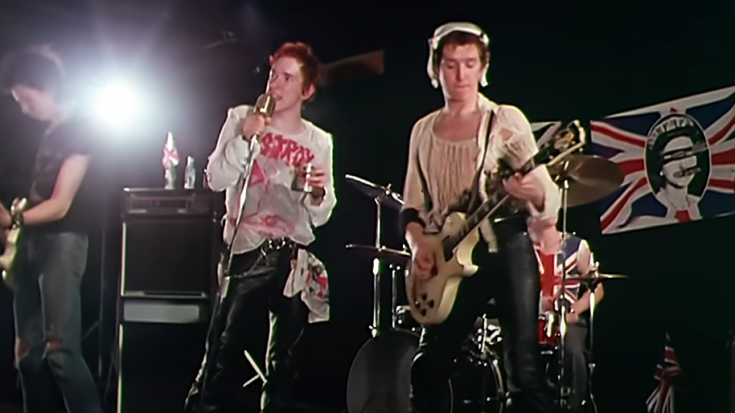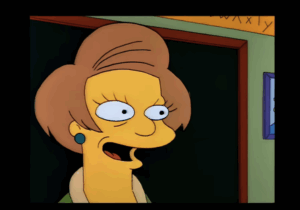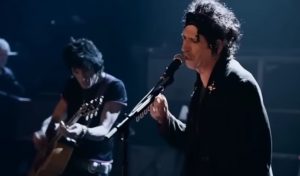The Most Controversial Song Each Year In The 70s

The Most Controversial Song Each Year In The 70s
Think big hair, bold vibes, and a lot of mixing things up—the 1970s were an exciting time. Back then, music didn’t merely play in the background; it captivated society and generated meaningful conversation. These tunes made a big impression and weren’t scared to go filthy. Let’s travel back in time and listen to the songs that caused a stir and got people talking.
Crosby, Stills, Nash & Young: “Ohio” (1970)
“Ohio” was released by Crosby, Stills, Nash & Young as a musical punch following the tragic Kent State tragedy. Richard Nixon was clearly called out by this protest jam. Radio stations freaked out and banned it, but it only served to highlight the political influence that a song might have.
Gil Scott-Heron: “The Revolution Will Not Be Televised” (1971)
Gil Scott-Heron turned a fiery poem into a funky wake-up call. It’s all about real change starting on the streets, not on TV screens. This one still hits hard today, reminding us to ditch the media noise and fight the good fight ourselves.
Wings: “Give Ireland Back to the Irish” (1972)
Paul and Linda McCartney whipped up this gutsy track in just a month during the Northern Ireland drama. The UK said “nope” and banned it from the airwaves, but it showed how music could stir the pot on touchy topics.
Stevie Wonder: “Living for the City” (1973)
Stevie Wonder got real with “Living for the City,” shining a spotlight on tough city life and racism. With its soulful groove and raw story, it smashed barriers and made folks think twice about the world around them.
Lynyrd Skynyrd: “Sweet Home Alabama” (1974)
Lynyrd Skynyrd fired back at Neil Young with this Southern banger, tossing in some edgy political jabs. Love it or hate it, it blasted through radios everywhere, proving music could mix fun with some serious shade.
Loretta Lynn: “The Pill” (1975)
Loretta Lynn didn’t hold back with “The Pill,” singing about women taking charge of their bodies. Some stations banned it, and critics clutched their pearls, but sales soared. It kicked open the door for big talks on stuff no one dared touch before.
Bob Dylan: “Hurricane” (1976)
Bob Dylan spun a tale about boxer Rubin Carter’s unfair jail time in “Hurricane.” This storytelling gem doubled as a battle cry against injustice, showing Dylan still had the magic to move mountains.
Sex Pistols: “God Save the Queen” (1977)
The British establishment and monarchy were criticized in this punk ballad. It became much more iconic since the BBC wouldn’t play it. It became the voice of a generation of rebels.
Tom Robinson Band: “(Sing If You’re) Glad to Be Gay” (1978)
In a strong defense of LGBTQ+ rights, this song made a strong statement against homophobia. It became a song of pride and acceptance despite being banned from the radio.
Pink Floyd: “Another Brick in the Wall (Part 2)” (1979)
“Hey! Teachers! Leave them kids alone!” echoed in demonstrations and classrooms. This song, which was banned in South Africa for igniting anti-apartheid protests, demonstrated the potency of music.
These tunes pushed buttons and boundaries, from social taboos to fierce politics. They may have generated controversy, but they also demonstrated that music is a powerful force that can upend the status quo.





















